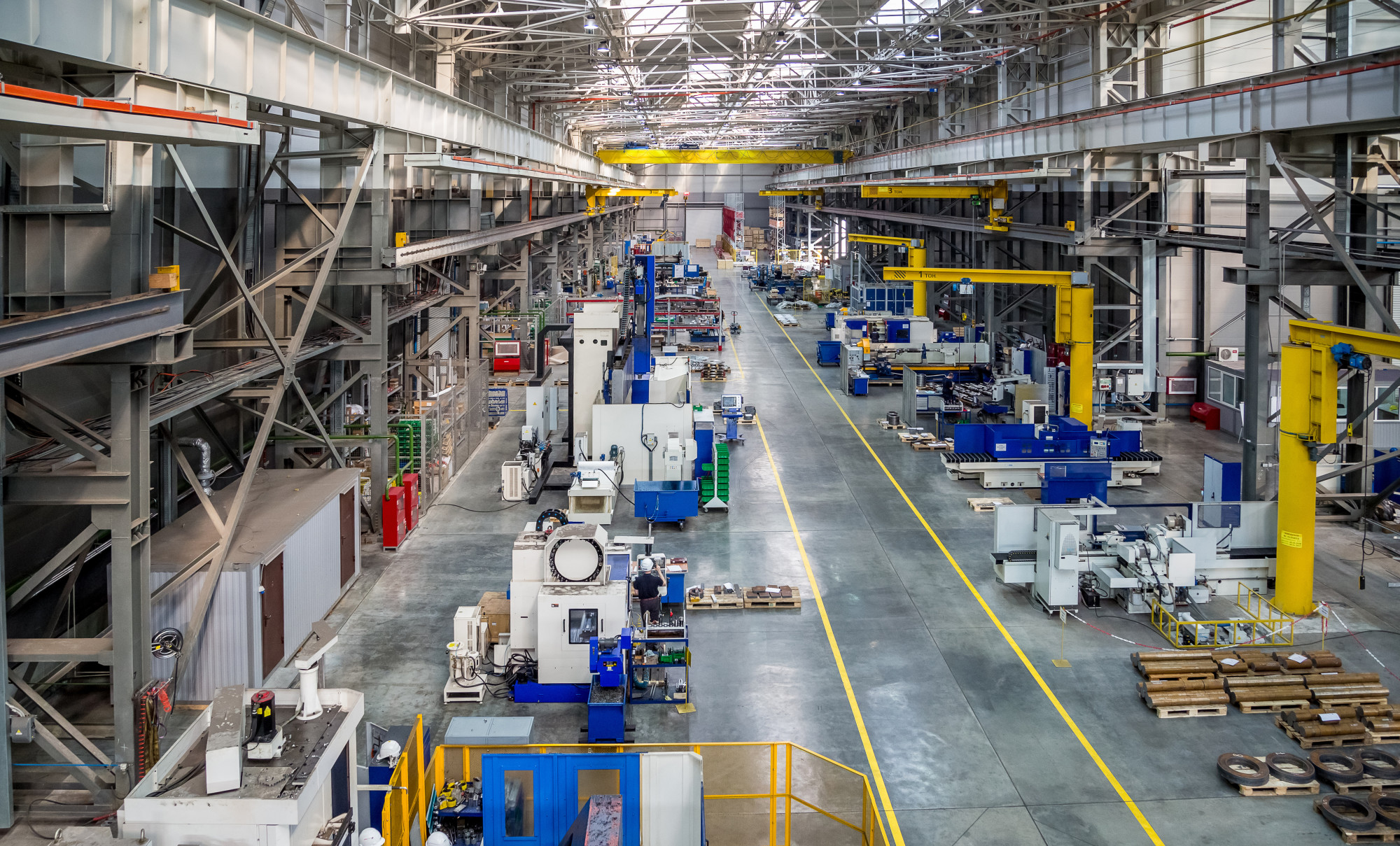If you work in the manufacturing, automobile, or even the gas and oil industries, chances are high that you use lots of industrial products in your warehouses and on job sites.
Industrial goods, in a nutshell, any machinery and raw materials that help to create something else. Even if you don’t work in the construction/industrial worlds, chances are still good that your office benefits from or even directly uses industrial products.
Now that you have more of a basic understanding of the industrial product definition, you need to know how to source them and what to look for in a supplier.
This post is here to help you with that.
Read on to learn more about different industrial product classifications and where you can find them for sale.
Industrial Goods vs. Commercial Goods
Let’s dive a bit deeper into the differences between industrial goods and commercial goods.
Commercial goods are available to the general public. For example, everyone needs things like clothing, toiletries, or pretty much anything you can get from a drugstore.
In other words, commercial goods, while certainly having a target market of people who are the most likely to buy their goods, generally fill a need for the public. Additionally, the purchase of specific commercial goods is often driven by emotion.
For example, you need shoes, but you gravitate towards a specific sneaker brand because they’re represented by an athlete you like, or because you saw someone you follow on Instagram wearing them.
Then, there are industrial goods.
First of all, the majority of the general public will never have a need for industrial goods. Instead, these goods cater to quite a specific market (almost always industrial-based businesses.)
For example, chances are high that you’ll never need to buy equipment that helps you to extract oil from a drilling site.
But for oil and gas companies?
That specific industrial good is the lifeblood of their business.
Industrial goods are often quite complex and require training and skill to operate. THey’re often expensive and carry a higher purchase value.
Finally, industrial goods are purchased because of a direct, specific need — emotion really doesn’t play a role here.
The Main Types of Industrial Products
There are five main types of industrial products — in essence, five different ways these goods can be used.
First, there is the business side of industrial products.
This involves reselling industrial products to companies that need them for a profit. Additionally, businesses that work on the maintenance of industrial machinery/equipment will need plenty of industrial goods for replacement parts like a coolant hose.
Secondly, companies buy industrial goods as a part of their standard supplies. In short, they need these goods to run the machinery/equipment they use every day to source or make their products.
Next, there are “capital” items.
Capital items exist to help the business make a profit, and they’re serious investments. In other words, they’re not individual parts — they’re the machines and equipment pieces themselves.
Then, there are raw materials and parts. These are different from supplies because they actually go into the “final product” that is sent to customers — they don’t remain at the business to help facilitate the process.
Finally, there are manufactured industrial materials.
These are raw materials that must be manufactured and specialized because they are a part of a larger industrial machine.
Now that you know more about how industrial goods work and the different ways you can use them, let’s cover where you can actually purchase them for your business.
Where to Purchase Industrial Goods
We know that the concept of industrial goods can feel a bit overwhelming.
That’s why there are so many different industry products company options out there.
These businesses not only have the specific raw materials and parts you need to create your products, resell, or run your machinery. They also make sure you understand which industrial goods your business needs.
But unlike commercial goods, industrial goods aren’t exactly going to be in aisle one of your grocery store.
You’ll need to purchase these goods from a warehouse-based supplier who ships them to your warehouse or factory directly.
Interestingly, it’s becoming more and more common in today’s world for companies to buy their industrial products online. This is because online shopping allows companies to better evaluate the one aspect of industrial goods that truly matter — price.
Think about it.
There aren’t exactly tons of different “brands” of industrial goods that are markedly different from one another. These products, though marketed differently, all do the same things.
That’s why pricing is such an important way to stay competitive within the industrial goods industries.
Never be afraid to negotiate with an industrial products supply company, and don’t hesitate to use a better offer you got from another supplier as leverage.
Getting the Best Deal on Industrial Products
We hope this post has helped you to learn more about what industrial products are, their different classifications, and where you can get them.
If you need to make a large investment in industrial goods for your business, you need to be sure your negotiating expertise is where you want it to be. You should also consider the best way to evaluate your inventory and develop a proper maintenance schedule.
This way, you can avoid overbuying these expensive products.
Our blog is here to help you with that.
Keep on reading our posts to learn more about inventory, maintenance plans, and supplier negotiations.

